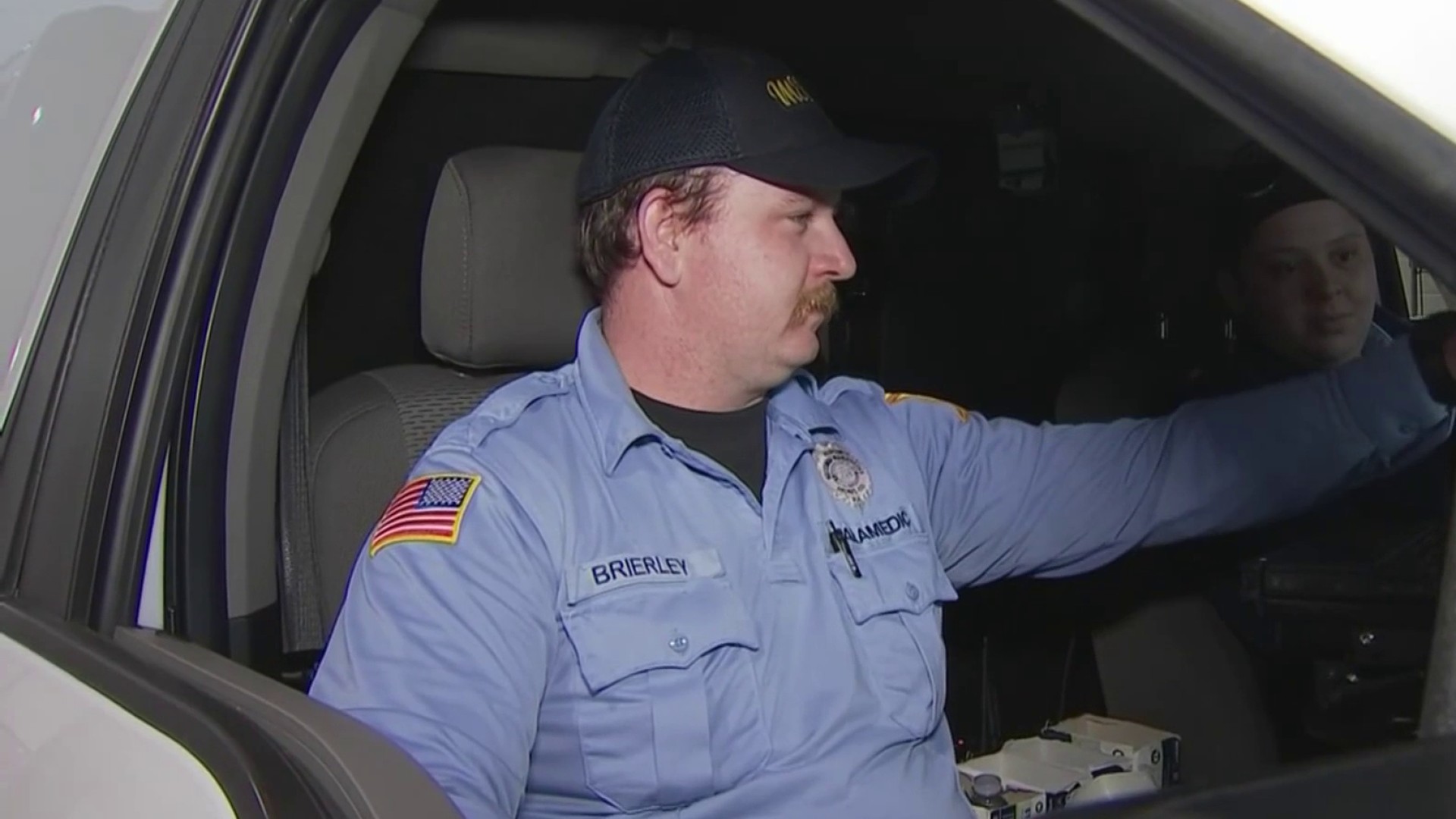New Jersey's cannabis regulators on Thursday approved rules to set up the recreational marijuana marketplace, giving application priority to women-, minority- and disabled veteran-owned businesses and paving the way for sales to begin.
A timeline for when people 21 and older could head to a retailer to buy a marijuana cigarette, vape pen or edible wasn't given, but chairperson Dianna Houenou said after the meeting that a date for when sales can begin hasn't been set yet because the commission wants to be sure that the application process goes smoothly. She said the start date is “admittedly uncertain."
“We know that there is a lot of interest in getting this market up and running and we were duty-bound to do it right," she said in a separate statement.
The five-member commission, which was established under a February law, voted unanimously to approve the the 160-pages of regulations. The rules got expedited treatment under the law, sidestepping the usual public comment and response period.
Get Philly local news, weather forecasts, sports and entertainment stories to your inbox. Sign up for NBC Philadelphia newsletters.
Commission executive director Jeff Brown said a next step will be a notice that applications will be accepted.
The rules focus heavily on what commissioners called equity — a main driver of the legislation because of years of disproportionate enforcement of marijuana laws against Black residents in particular.
Among the rules is priority for applications from companies owned by minorities, women and disabled veterans, as well as for those from poor areas and past marijuana-related criminal offenses.
Local
Breaking news and the stories that matter to your neighborhood.
Application fees were designed to be low to encourage small business owners, and not just major firms, from applying, with fees as low as $100. Annual licenses for microbusinesses — firms with 10 employees — will cost $1,000. Large businesses could pay up to $50,000 for an annual cultivator license.
The regulations will allow alternative treatment centers already operating in the medical marijuana market to sell recreational cannabis, but only after certifying they have enough product for medical patients. Fees for that will range from $100,000 to $1 million.
Aside from equity, the commissioners said they focused on safety, barring those under 21 from entering marijuana facilities and requiring childproof containers.
The recreational adult-use marijuana law was signed by Democratic Gov. Phil Murphy in February after months of behind-the-scenes negotiations with lawmakers. Voters approved recreational marijuana for adults 21 and older in a ballot question in November by a 2-to-1 margin.
New Jersey is one of 18 states, plus the District of Columbia, where recreational marijuana has been legalized. More than a dozen additional states have legalized medical marijuana.
The law will apply the state's 6.625% sales tax to recreational cannabis sales. Seventy percent of the proceeds will go to areas disproportionately affected by marijuana-related arrests. Black residents were likelier — up to three times as much — to face marijuana charges than white residents.
Towns can levy a tax of up to 2% under the measure, though some four dozen towns have already opted to bar recreational marijuana establishments in their municipalities. New Jersey has more than 500 towns and cities.
Also under the bill, the Cannabis Regulatory Commission can levy an excise tax, the amount of which will depend on the cost per ounce of cannabis. There will be four levels of tax under the bill, so if cannabis is $350 or more, the tax per ounce will be $10. That rises to $60 per ounce if the retail price of the product is less than $250.
The number of licenses for cultivators will be set at 37 for two years. The state Senate was pushing for no limits, but the Assembly wanted the caps.
aThe decriminalization measure is necessary because the state’s laws make possession a crime, despite the voter-approved amendment, according to lawmakers. The measure passed with broad bipartisan support.



